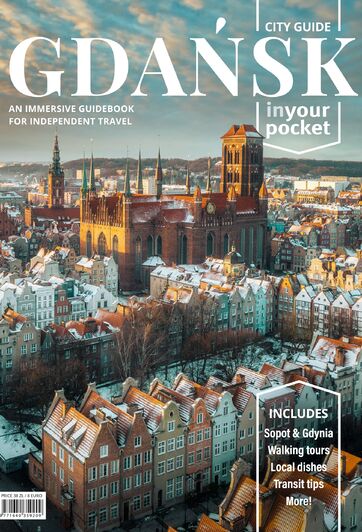The triumph in the Polish Cup of 1983 brought European football to Gdansk, and in the very first round of the Cup Winners’ Cup Lechia were drawn against the mighty Juventus, a club which boasted many of the greatest stars of the world game, including a Pole Zbigniew Boniek, an Italian Giovanni Trapattoni and a Frenchman, Michel Platini.
The first leg in Italy was a disaster. Platini and Paulo Rossi grabbed a brace each and Lechia were thumped, 0-7. Despite not having a chance of qualification, Lechia were determined to make the second leg, at home, a memorable occasion. With Gdansk being the home of the Solidarity movement, the match was a real chance to present a show of defiance to the Polish authorities, which had outlawed large demonstrations. More than forty thousand people came to watch the game, among them the future Polish president and then Solidarity leader, Lech Wałęsa, who was smuggled into the ground shortly after having been released from house arrest.
Despite an early opening goal from the visitors, Lechia started the second half in tremendous fashion amidst a fantastic atmosphere and surprisingly took the lead, thanks to goals from Kowalczyk and Kruszczyński. Giovanni Trapattoni’s team, faced with the embarrassment of losing to a Polish second division side, raised their game, however, Roberto Tavola levelling the score and Boniek, the Polish hero of the 1982 World Cup, breaking Lechia’s hearts with a late winner.
Although they lost that game 3-2 the memory of leading Juventus 2-1 lives long in the memory of Lechia Gdańsk fans and beaten or not, the game has become part of both Gdansk and Solidarity folklore, famous as much for what happened in the stands – supporters sang anti-government songs throughout the match – as for what happened on the pitch. If you happen to meet any, particularly older, Lechia fans raising a mention of this game is a sure-fire way of getting a free vodka. On a purely footballing note Lechia fans, while eulogising about the great day, often forget to mention the 7-0 tonking their team had already taken in the first leg.
Nearly thirty years on Platini, Boniek and Trapattoni returned to Gdansk in 2012 for the European Championships – Platini as the UEFA head who awarded Poland the tournament; Boniek one of stars of Polish football who was instrumental in bringing the tournament to his homeland; and Trapattoni the doyen of football trainers as coach to the Republic of Ireland side. We still often wonder what their memories of that famous night in Gdansk in 1983 are, when the stars of Turin took on what Jonathon Wilson of Britain’s Guardian newspaper has called Solidarity F.C.



Comments